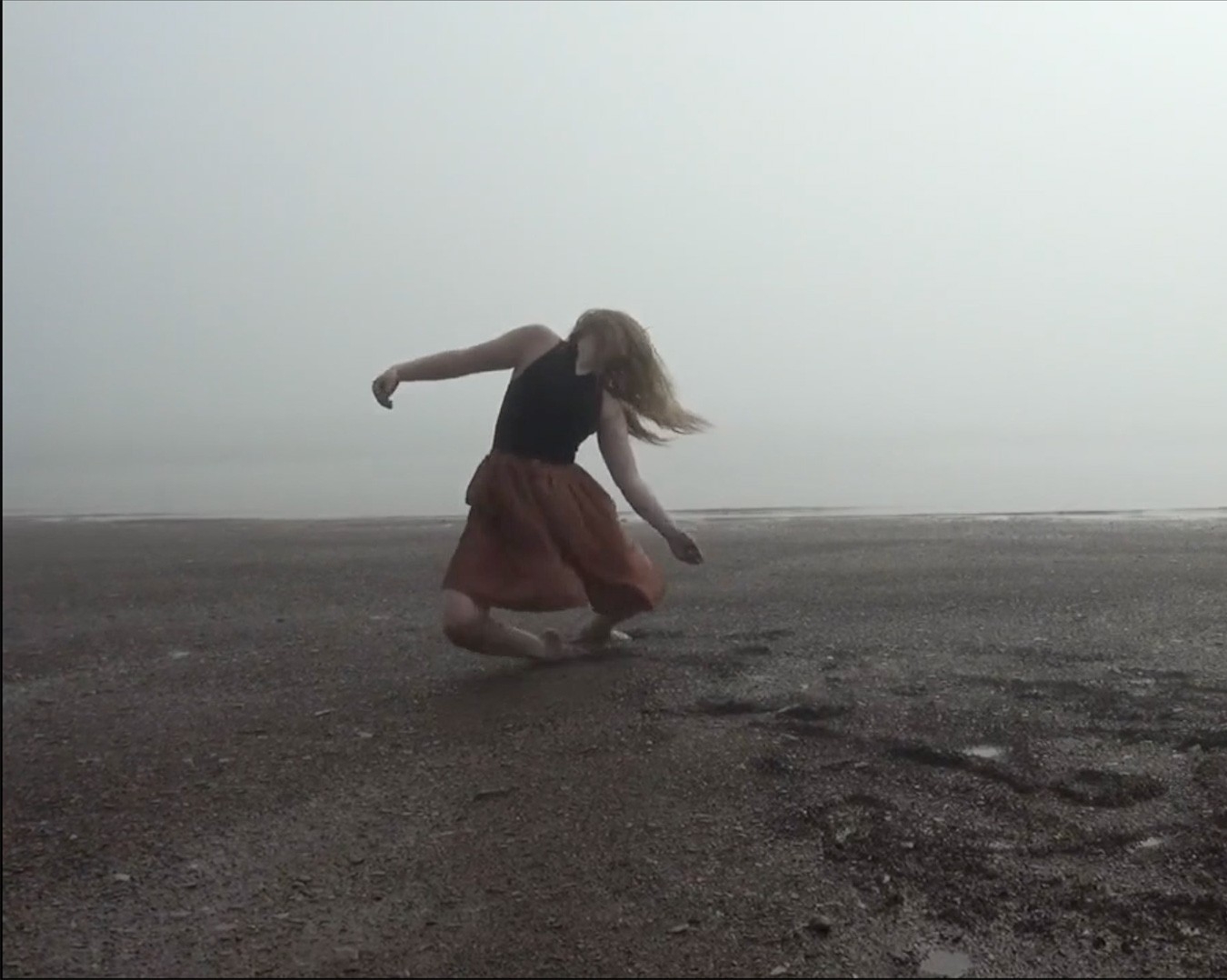article
Future of Performing Arts: Why interdisciplinarity might matter more than ever
This article was originally published in Le Devoir.
Montreal has long been a vibrant hub for the performing arts. From world-renowned festivals like the Festival TransAmériques and Montreal Jazz Festival, to major cultural powerhouses such as Ubisoft, Cirque du Soleil, Moment Factory, and Lune Rouge, the city attracts diverse audiences and artists from around the globe. Yet today, as technology, social movements, and global crises reshape how we live and create, we must ask: what does it mean to make and experience the performing arts?
The answer may lie in interdisciplinarity. Interdisciplinarity presents an opportunity to recognize cultural differences across artistic expression, and the recognition of diverse lived experiences.
The principle of interdisciplinarity is also at the heart of the futureStage Manifesto, [VH1] presenting performance as a human right, rather than something to be taken for granted. The Manifesto foresaw new professional roles: “screenographers, live-captioning specialists, performance doulas”, many of which are now emerging in hybrid, site-specific, anti-site-specific, and streamed performances. Since COVID the number of performing artists engaging with digital media and machine learning has grown exponentially. AI systems are inspiring artists and new collaborative forms of human and non-human creativity, pushing and rethinking the boundaries of artistic expression.
Crossing boundaries between artistic forms and knowledge systems is no longer optional—it is essential. Interdisciplinary practice expands artistic vision and equips performers to respond to audiences and publics whose experiences of and access to the arts are continually evolving.

That is why Concordia has established the new School of Performance, enabling students in dance, in music and theatre to collaborate, experiment, and create together. As audiences engage with performance in multiple forms, we are training emerging artists to understand performance making that relates to different cultural practices and experiences.
An interdisciplinary approach to performing arts education lies in an ethos of curiosity, holds the potential for diversification of one’s practice—encouraging exploration beyond what one thinks they know—and foregrounds how restructuring and rethinking traditions of what we do, can open pathways for more inclusive art practice.
Artists trained across—or attuned to—multiple disciplines can create and go public with work that is more inclusive, socially relevant, and transformational. Interdisciplinary approaches to teaching are an opportunity for educators to take a lead in training emerging creators and established performing artists to diversify their practice and perspective.
By placing interdisciplinarity at the center of performing arts training, we cultivate not only curiosity and adaptability but also empathy. Artists who explore unfamiliar methods—learning rhythm through music composition in a theatre context, or who collaborate with architects to reimagine public space—develop more informed skills to engage with society and its complexity. A choreographer versed in digital media, or a playwright experimenting with AI-generated soundscapes, can produce work that surprises, challenges, and connects with audiences in new ways.
Montreal is uniquely positioned to host this type of school. By creating formalized spaces for interdisciplinary experimentation that diversify artistic practices, we aim to cultivate future performing arts leaders capable of enlightening our communities and the broader cultural landscape. Performing arts no longer assumes a stable audience base. Future audiences will be more diverse, and potentially more polarized. Interdisciplinary education helps artists—and the citizens of tomorrow—understand these shifting realities, reimagining the value, cultural relevance, and social impact of their work.
The future of performance depends on our capacity to share resources, knowledge, and rethink methods across disciplines and institutions. The performing arts and higher education sectors are already experimenting with AI-assisted creation and collaborative practices; what is needed is support, open methods, and tools to allow artists and creators to thrive.
We believe this model can also inspire other sectors—business, health, education—which are too rethinking approaches to be more collaborative and responsive to urgent societal issues. By exchanging insights and approaches from different disciplines, we augment creativity, but also create more equitable, resilient, and socially relevant practices and communities.
The future of performing arts—and of our societies more broadly—depends on training and supporting citizens of tomorrow who are not only masters of a single discipline but fluent in multiple creative “codes” or “languages.” This does not mean every performer becomes a multi-hyphenate; it means they will understand, value, and be able to integrate methods and perspectives from other fields into their own practice and creative process.
Interdisciplinarity is not a trend; it is a necessity for innovation, cultural relevance, and social impact. With the creation of the School of Performance in Montreal, a first in Quebec, we have the opportunity to lead in training the next generation, ensuring that performance, and art writ large, remains a human right: a shared space for creativity, and a vital transformational force in society.

